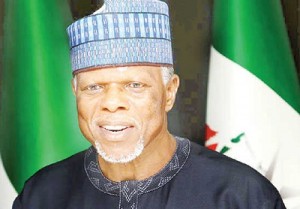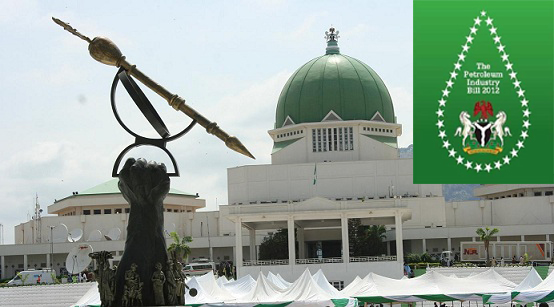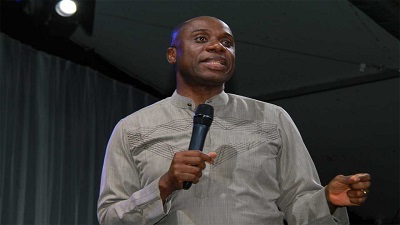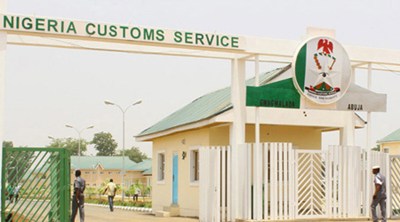Customs Collects Over N2.5 Trillion In 3 Years

The Nigeria Customs Service (NCS) has collected a total of two trillion, five hundred and twenty-eight billion, four hundred and sixty-six million, nine hundred and sixty-four thousand, one hundred and fifty-six naira, seventy-four kobo (N2, 528, 466, 964, 156. 74) between the period of 2014 and 2016 into the government coffers.
The Comptroller-General of Customs (CGC), Col. Hameed Ali (Rtd.) disclosed this while delivering a paper titled, “Non- Oil Revenue for Economic Growth: Impact of Nigeria Customs Service”, during the 3-Day Nigerian Maritime Journalists’ Retreat in Topo, Badagry, Lagos State.
Col. Ali said that a significant part of the amount formed part of monthly allocations to the three tiers of government to execute projects aimed at stimulating the economy, provision of infrastructure and social services.
Represented by the National Public Relations Officer (PRO), Mr. Wale Adeniyi, Ali gave the breakdown of the revenue collected within the two year period as follows; 2014 -N99, 099, 172, 939. 51, 2015 -N904, 072, 689, 941. 72 and January to September 2016 -N647 295, 102, 275. 51.
He stated that the anti- smuggling activities of the service spoke volume of its commitment to ensure that Nigerian jobs were protected as according to a total of 17,173 seizures with a Duty Paid Value (DPV) of N22, 274, 606, 826. 9 were made.
“The huge seizure count represents the havoc which smugglers would have wreaked or expressed in terms of the toll it would have taken on the local producers of the seized products”, he said.
The Customs boss recalled the achievements made by the service in the area of trade facilitation to include the launch of the Pre-Arrival Assessment Report (PAAR) which he said was a tool for fast clearance of imports, the development of a world class trade hub, the www.Nigeriatradehub.gov.ng to provide round the clock online information about Nigerian trade. As well as the use of fast track concession for traders to promote compliant importers among others.
On the Common External Tariff (CET) he said, “The CET is structured as a protectionist instrument for the local economy. While raw materials, machineries are primary products required as input for local manufacturing industries, on the other hand, finished products are with clamped with high rates of duty and additional levies with a long list of items under import prohibition to stimulate local production”.
Ali further informed that NCS was a major player in the Economic Community of West African States (ECOWAS) Trade Liberalization Scheme (ETLS) which he said was a policy put in place to encourage sub-regional trade.
He maintained that through the scheme, goods produced within the community were granted free market access in the region adding that contrary to widely held position on the scheme, Nigerian products were taking maximum advantage of it, keeping jobs in Nigeria and earning FOREX from their exports.







